A MINIATURE DRESSMAKER - BUSHRA WAQAS KHAN
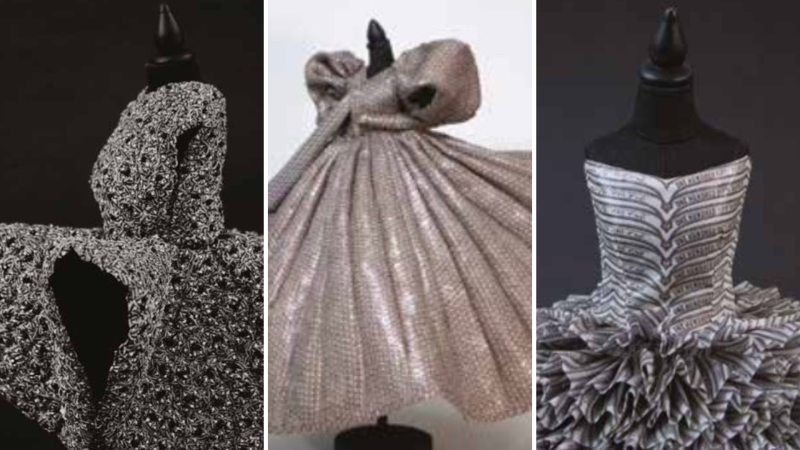
We had an exclusive conversation with a printmaker and a miniature dressmaker Bushra Khan. She told us about how she got into this industry, managing parenthood and much more. Read the full interview …
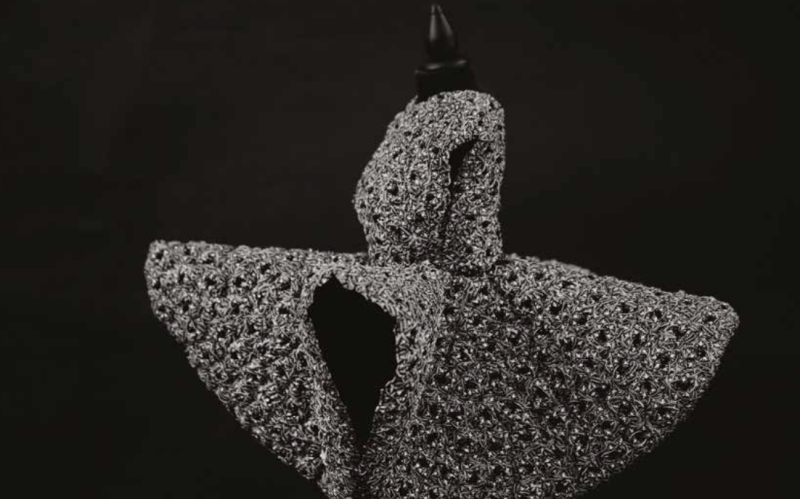
Hello Bushra, we are so glad to have you here. Before we dig into your professional life as a printmaker and miniature dressmaker, tell us a bit about your background, and upbringing.
I am from Mianwali and was raised in Multan. We are six siblings: four daughters and two brothers. With every girl born in the family, the family was getting more anxious to have a son so, by my time, they gave me the name ‘Bushra’ which means ‘good news’, and it’s a cliché that if you name your daughter ‘Bushra’, there is a possibility to have a male child after that. Luckily, after me, my parents had twin boys so that saved us (laughs).
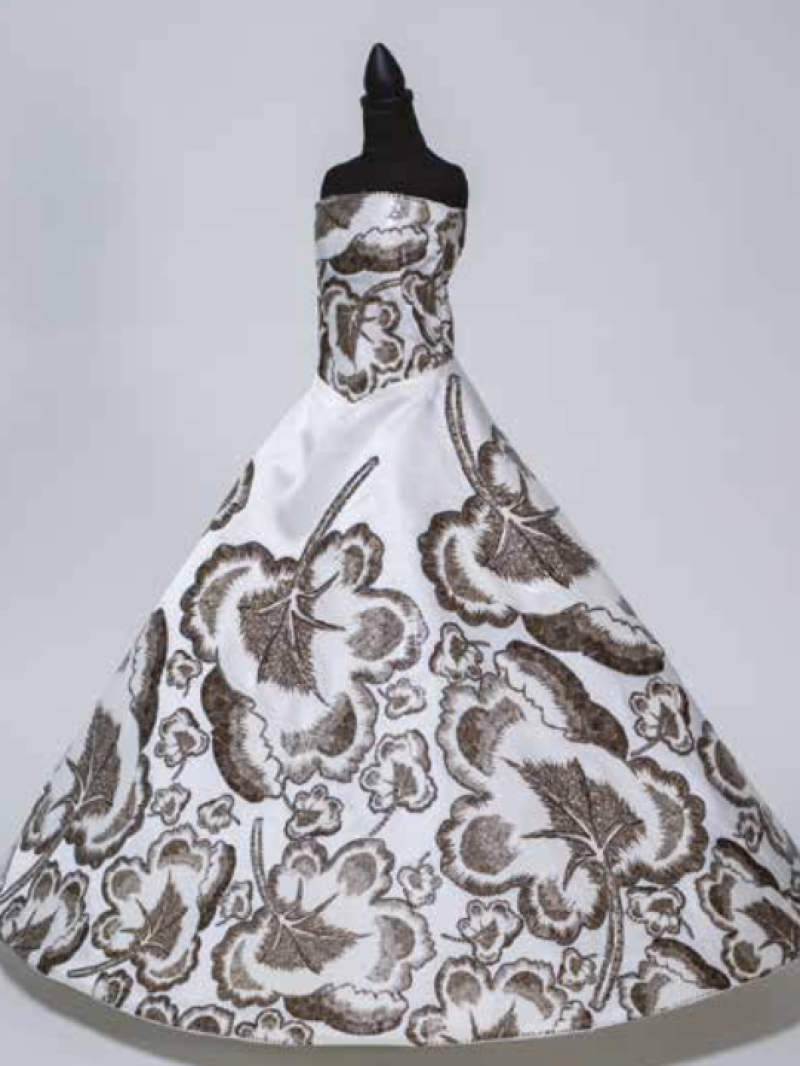
We love your gowns; from where do you find inspiration and why miniature dresses?
Thank you, my inspiration started after I graduated from the National College of Arts. I actually did not intend to make miniature garments. I mount the garment on a mannequin which is known as ‘Travellers Maquette’. The mannequin I used, is not doll-sized, it’s made in exact female measurements. I was in the middle of experiencing, and while exploring, I made a little black dress and a jacket of my size. My husband had a friend who asked me to show some of my fresh work and after a couple of weeks, I got an invitation for a show which I said yes because I wanted to come out of that comfort zone of not showing around. I said yes, but I had no idea how I’m going to produce the work because the time was short. And that little black dress, itself took me six months to complete. I really pushed myself forward because I wanted to come out of that comfort zone. Something which took me six months on a life-size is going to take me half of the amount of time on a smaller scale, so I started searching for material and found this portable scale mannequin and it was a completely new world to explore.
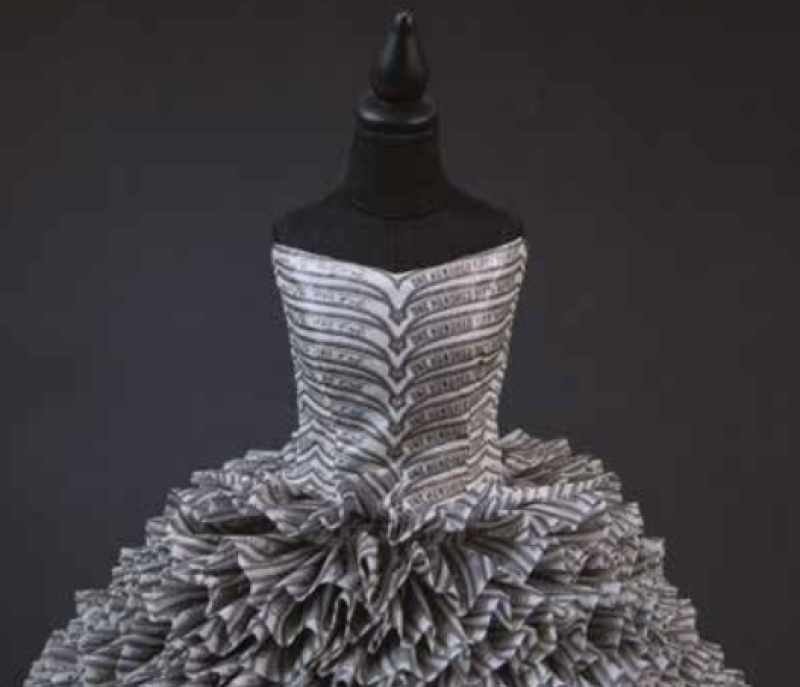
Are you self-taught? When did you realise there was an artist in you?
I went to NCA, I graduated as a printmaker. Two of my sisters became doctors, one was in the IT field. So, I, being a black sheep in the family, didn’t know what to do. Then I started thinking about what gives me pleasure because I remember in grade one, there was this colouring class, I couldn’t find a green colour. I was too shy to ask a child sitting next to me and I just randomly started mixing colours and made it myself, it was fascinating for me. When I went to college, even by that time, I had no idea that there is a professional degree in Fine Arts. With this garment making,
I was never trained as a dressmaker, because my field was printmaking, and this is something that I learn every day by observing
Is there any hidden message in your art which you convey?
My inspiration comes from the official affidavit stamp paper, it’s also called an oath paper. The message also shifts to the law of inheritance somewhere because we still practice the same thing which was given to us by the Britishers. It was British practice that if there is no male heir in the family, then the father used to find some other male relative in the family to get their daughter married to pass down the fortune rather than directly passing it down to the girl.
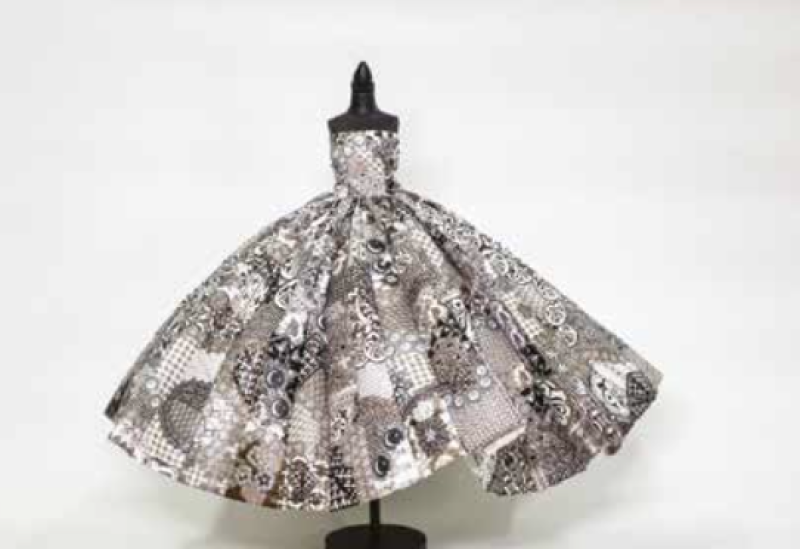
One piece of miniature dress very close to your heart and why?
The first one that I produced in 2019, is very close to my heart. For me, that design became very attractive. I started making small ones, when the first one was finished, it was like a very surprising and wow moment for me. Though the material and everything were so feminine yet the dress itself had that power to overpower what was just there. Using relevance of all the silk and threads and lovely cancan underneath but it started looking very masculine and that was the piece that was chosen for Jameel price and also for the museum. I remember when I used to visit that museum, I could visualise that someday I am going to be there, not knowing how. Once that piece was exhibited on those walls, it was a very emotional moment for me.
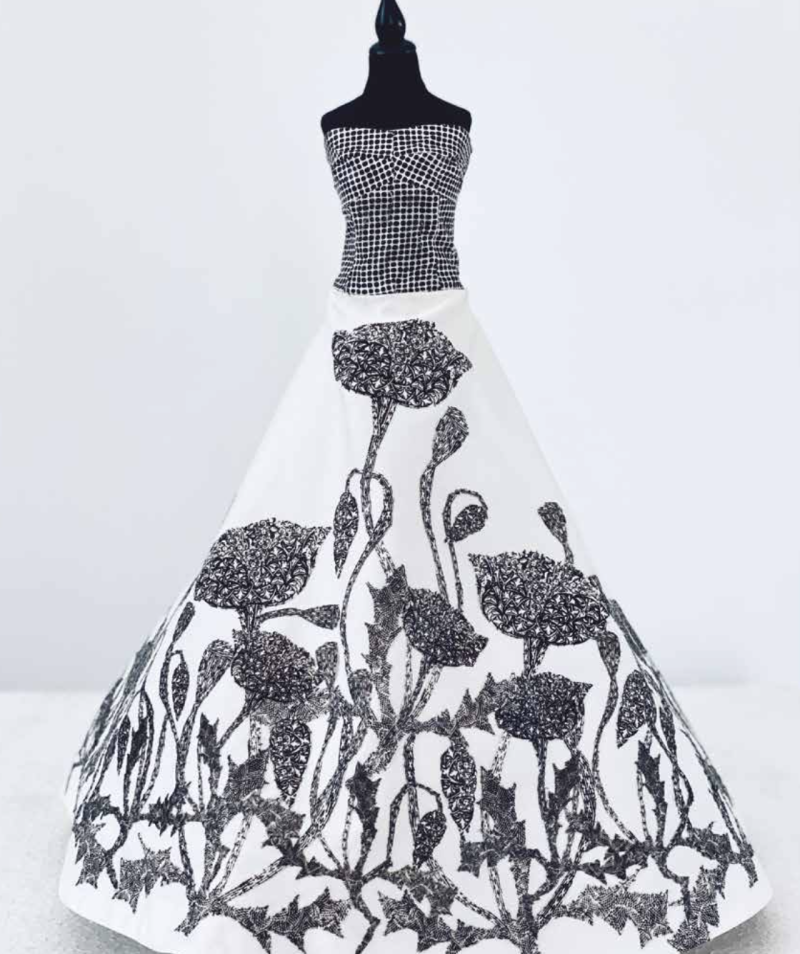
You and your husband Waqas happen to be in the same professional field and work together – are you guys competitive? And how do you guys manage to be on the same page after having different opinions?
We have our studios in our home. We criticise each other’s work a lot, and we take proper time out to criticise, brainstorm, and share ideas. I’m a morning person, he’s an evening person, so we hardly clash on those timings because once I’m done with the studio practice, then he goes to his studio to practice his thing.
How do you deal with creative roadblocks?
I read, write, and maintain a journal and that’s what gives me a lot of clarity. And I go to Multan, it connects me to how I used to think as a child. Reconnecting to that place clears the clutter a lot.
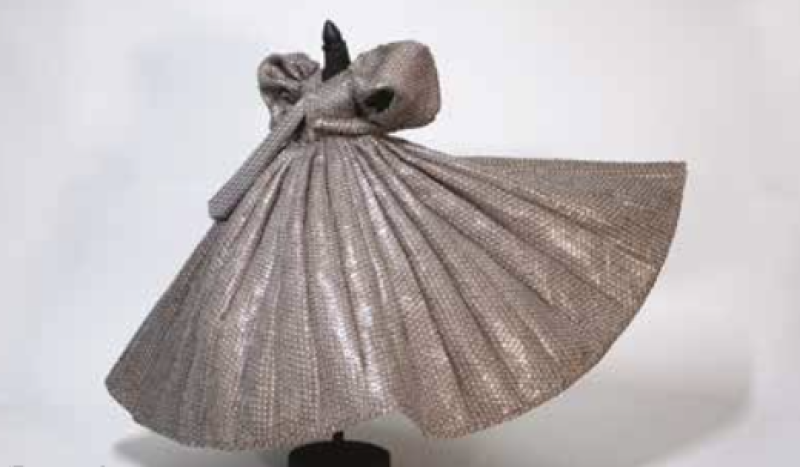
How do you both manage parenthood and work?
It’s difficult, we have two lovely little boys. So ‘Alhamdulillah’, it had been great. But we’ve been trained in a way that household responsibilities unconsciously lie on the lady of the house. Though we’re not going to train our boys like that, I think we, young mothers should also break that barrier. My husband is an amazing father, a partner, and a person who helps me with all these things - we take turns and share our parents' duties as well. That’s why
For female artists, especially if your kids are at a growing age, it becomes difficult for them to travel and so the opportunity starts lacking
Lastly, your doll-sized dresses are bagging numerous awards, did you ever expect to reach where you are today when initially starting out?
The idea was very strong and it’s something that anyone can connect to very easily because affidavit stamp paper is connected to all of us so, understanding the meaning of it is very convenient and easy for a lot of people. But yes, every new step is a surprise for me and I being a printmaker, enjoy it a lot because when you make ink and pass it through the press, the result is a surprise, you never know how much ink the lines have soaked, so all these steps and all these achievements are like a surprise, and I really enjoy it.
INTERVIEW: MARYAM ZUBERI
PHOTOS: COURTESY BUSHRA WAQAS KHAN
